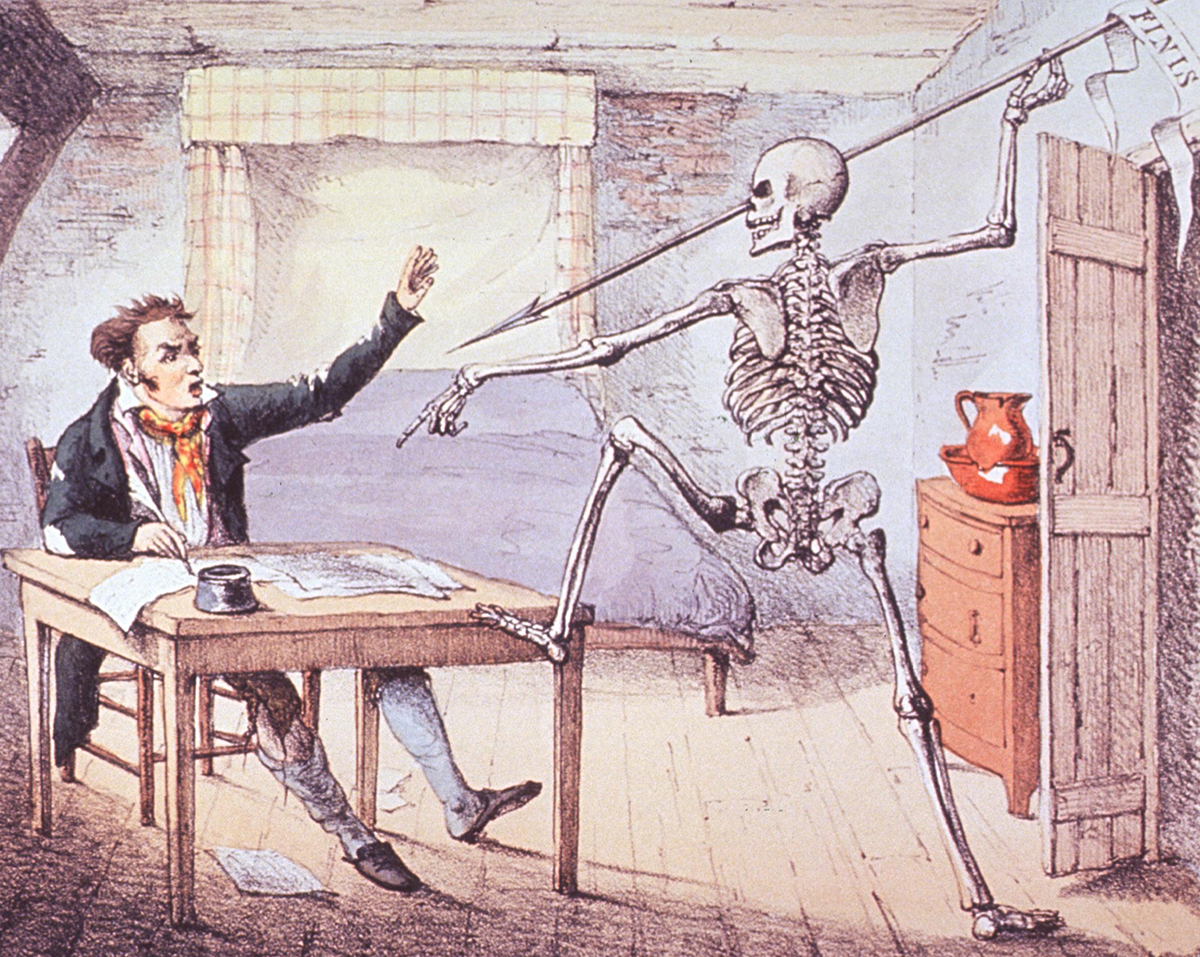Psychology
Can We Boost Empathy Through Perspective-Taking?
One of the ways we have been taught to nurture empathy is by deliberately trying to take the perspective of a suffering person.

Are humans hardwired for compassion? Glancing over my bookshelves, titles such as Born to Be Good, The Compassionate Instinct, and The Altruistic Brain remind me that many of my scientific colleagues answer this question with an enthusiastic “yes.” Each of these books, in its own way, teaches that the animal designated Homo sapiens has evolved to care for strangers. It’s just part of who we are. If it doesn’t come effortlessly, all it takes is some patience and some practice. Attend a workshop. Volunteer at a homeless shelter. Read some fiction. Meditate. Read a book about compassion. Compassion is inside of you. You just need to nurture it.
One of the ways we have been taught to nurture empathy is by deliberately trying to take the perspective of a suffering person. “Before you judge people, walk a mile in their shoes,” we exhort our compassion-challenged friends and family. And we parents regularly encourage our kids to imagine the feelings of the people who might be hurt by their self-centered behavior, hoping that our admonitions are doing something to turn our kids into better human beings.
But does trying to take the perspective of other people actually lead to empathy? For half a century, experimental psychologists have been working under the assumption that it does. It was back in 1969 that the social psychologist Ezra Stotland first tried to promote empathy in the lab with instructions to take the perspective of another person. And according to Stotland, it worked: “Any interpersonal process, symbolic or overt,” he wrote, “which causes an individual to imagine himself in another’s position would lead him to empathize with the other person.”
Testing under experimental conditions
Following Stotland’s lead, experimental psychologists quickly began using perspective-taking instructions in their efforts to manipulate empathy in the lab, and they’ve continued to do so for 50 years. In the typical experiment, research participants encounter a stranger in the lab who is going through something difficult in his or her personal life; then, the experimenter asks the subjects to do one of several things. To encourage perspective-taking, researchers might instruct subjects to:
Try to imagine how the person feels about what has happened and how it has affected his or her life. Try not to concern yourself with attending to all of the information presented. Just concentrate on trying to imagine how the person feels.
In a variant of these standard perspective-taking instructions, researchers might instruct a second set of subjects to imagine how they (rather than the suffering person) might feel in a similar predicament:
Try to imagine how you yourself would feel if you were experiencing what has happened to the person and how this experience would affect your life. Try not to concern yourself with attending to all of the information presented. Just concentrate on trying to imagine how you would feel.
To encourage still other subjects to remain objective (under the premise that doing so will squelch empathy), researchers instruct a third group of subjects to:
Try to be as objective as possible about what has happened to the person and how it has affected his or her life. To remain objective, do not let yourself get caught up in imagining what this person has been through and how he or she feels as a result. Just try to remain objective and detached.
In the ideal experiment, researchers also assign a fourth group of subjects to an experimental condition in which they receive no instructions at all. They just learn about a person in need without any prompting to do anything in particular in response. This fourth group of subjects serves as a control group that enables experimenters to find out both (a) whether perspective-taking increases empathy, and (b) whether remaining objective reduces empathy. Without such a control group, any differences in empathy that arise between the groups cannot be attributed to either condition.
From such a comparison, we can learn whether perspective-taking and remaining objective produce different amounts of empathy, but we cannot know whether perspective-taking increased empathy, or whether remaining objective reduced empathy, or a little of both. This might seem like a subtle distinction in the sorts of conclusions we might draw from experiments on empathy, but as you’ll soon see, it’s a distinction that makes a big difference.

Reviewing the evidence
My colleagues and I, with the psychologist William McAuliffe in charge, recently published a statistical review (called a meta-analysis) of the results of every experiment we could find that compared the effects of these different instructional sets on self-reported empathic emotion toward a needy stranger. (You can read the full paper here).
In all, we found 85 research papers, authored by scores of different psychologists, that had examined these issues experimentally. From those 85 papers, we identified 177 individual tests of whether any two of the four experimental conditions (imagine-other, imagine-self, remain objective, no-instructions) produced different amounts of empathy for a suffering stranger.
In 124 of the tests it was found that empathy levels were much higher in the condition where people were told to imagine the feelings of the needy person when compared to the condition where people were told to remain objective and detached. The difference between these two conditions was large and unambiguous: remaining objective as you consider the plight of a needy person will leave you with less empathy than trying to think about the needy person’s feelings will. So far, so good.
There were surprises in store, however. We also found that subjects who were instructed to imagine how the suffering person might be feeling did not experience more empathy than subjects who received no instructions at all (the control group). Taking the perspective of other people—according to 18 different comparisons of those two conditions—doesn’t actually seem to be better at boosting empathy than doing nothing. On the other hand, actively trying to avoid thoughts about the other person’s suffering by remaining objective—according to the 13 comparisons of those two conditions—is indeed significantly worse than doing nothing. From this pattern of results, it appears that we can reduce people’s empathy by encouraging them to remain objective as they consider a person in need, but we can’t raise their empathy by encouraging them to take the needy person’s perspective.
What should we make of these results? I see a glass-half-empty interpretation and a glass-half-full interpretation. The glass-half-empty interpretation is clear enough: The experimental evidence just doesn’t support the assertion that we can boost our compassion for needy strangers just by trying to imagine how the world looks and feels from their points of view. To be clear, evidence from contrived laboratory experiments shouldn’t be the final arbiter of what is and isn’t true about humans’ behavior and mental processes, but the fact that these experiments contradict our everyday experiences (not to mention the sage advice of professional compassion-activists) should give us pause and leave us with some humility about the reliability of our intuitions.
The glass-half-full interpretation, which is equally true, might actually be more fun to contemplate: The fact that we are better at suppressing our empathy (by trying to remain objective while we consider other people’s plights) than we are at boosting our empathy (by deliberately trying to take the perspective of a needy person) could suggest that we are walking around, out in the wild, with reasonably high amounts of empathy already. Perhaps we take needy people’s perspectives so intuitively that we can’t get any additional empathy-boosting benefits from trying to do it deliberately. This is an interpretation that any compassion-optimist should be able to get behind: However hard it might be for us to become more compassionate than we already are, perhaps we are already walking around with quite a lot of it.






